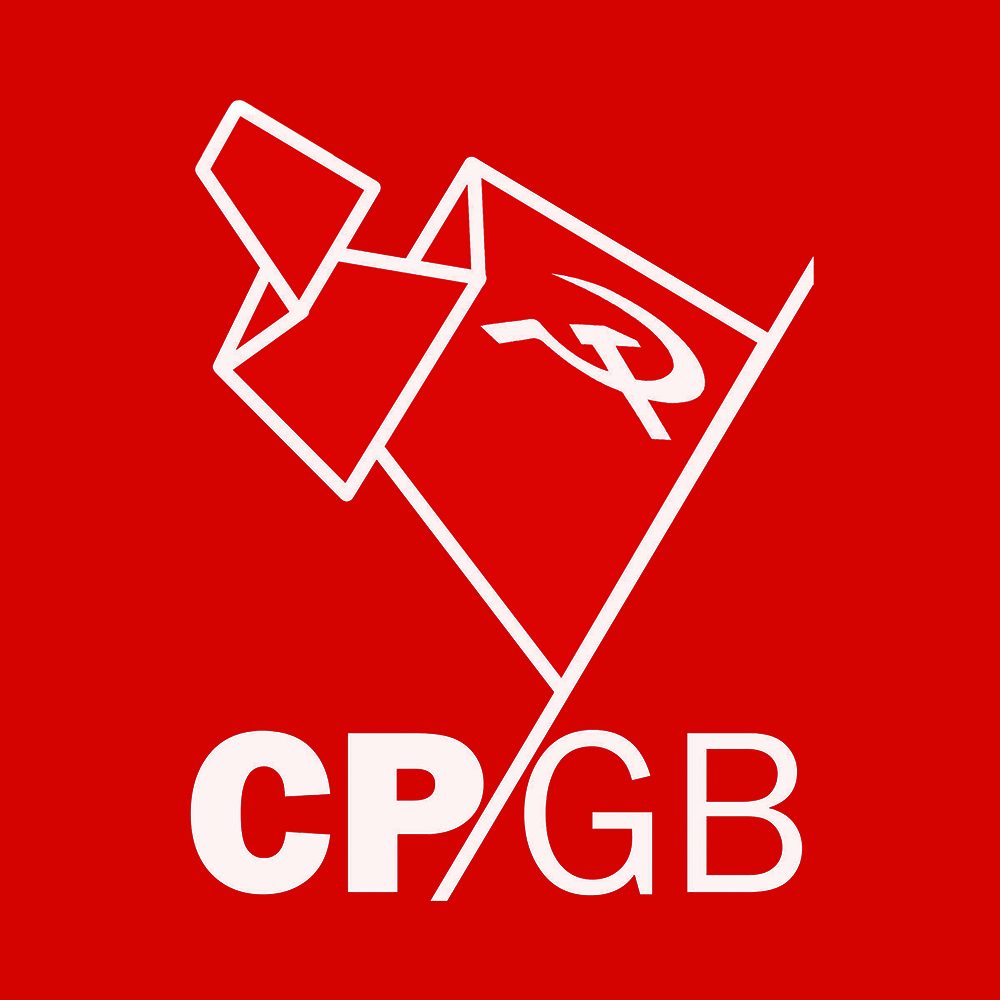Socialism is not a mode of production. It is the transition from capitalism to communism. Socialism is communism which emerges from capitalist society. It begins as capitalism with a workers’ state. Socialism therefore bears the moral, economic and intellectual imprint of capitalism.
In general, socialism is defined as the rule of the working class.
The division of labour cannot be abolished overnight. It manifests itself under socialism in the contradictions between mental and manual labour, town and country, men and women, as well as social, regional and national differences.
Classes and social strata exist under socialism because of different positions occupied in relationship to the means of production, the roles played in society and the way they receive their income.
Class and social contradictions necessitate the continuation of the class struggle. However, this struggle is reshaped by the overthrow of the capitalist state and the transition towards communism.
The class struggle can, in the last analysis, go in two directions, depending on the global balance of forces. It can go backwards or it can advance towards communism.
While socialism creates the objective basis for solving social contradictions, these contradictions need to be solved through a correct political line and the development of mass, active democracy. This is essential, as communism is not a spontaneous development.
Social strata will only finally disappear with full communism.
5.1. The socialist state
In its first stages communism has not reached complete maturity or completely rid itself of the traditions and remnants of capitalism. The class struggle and private property continue and so does the need for the state.
The socialist state (the rule of the working class or proletarian dictatorship) is needed in the first place to counter capitalist resistance. Though this can involve draconian measures, it must be emphasised that as the rule of a large majority the socialist state is characterised by the fullest flowering of democracy. The socialist state dispenses with much of the bureaucratic and military baggage of the capitalist state – it is a semi-state.
The repressive role of the state is not only connected with overcoming the capitalist class. There is also the division of labour. Until work becomes life’s prime want, laws, courts and state coercion will be required.
The global rule of the working class will make it possible for the state to begin to disappear in its entirety, as classes wither away on the basis of the socialisation of the productive forces on a global scale.
5.2. Socialism and democracy
Socialism and democracy are inseparable. The rule by the majority is in the first place attained by the truly mass, truly democratic breaking apart of the bourgeois state and its replacement by the extreme democracy of the working class.
To begin with, certain functions of the state and administration remain a sphere of specialists. Our aim is not rule by a stratum of specialists (that is, bureaucracy – an alienated form of organisation) in the name of the majority. Rather rule by the majority itself. The extension of democracy against bureaucracy is therefore a principal form of class struggle.
Socialism must progressively involve the entire population in administration and management. Democracy is not only the casting of votes. It is a process of the constant forming of ideas, and taking and carrying out decisions. Hence the need for democratic control over every sphere of life: the state and politics, work and economy, international relations.
Without open discussion as a norm and allowing for the formation of platforms and oppositions for the presentation of different views, democracy can only be formal.
5.3. Communism
Socialism in the 21st century will start from a relatively high level of technique, output and culture. Once the hard task of winning working class state power has been achieved, we will advance towards full communism. The speed of that advance is dictated by the completion of the world revolution and the correctness of the policy of the working class and its party.
Through society reabsorbing the functions of the state the need for it withers away. Democracy (as a form of the state) negates itself and gives way to general freedom. The higher stage of communism is a free association of producers. Everybody will contribute according to their ability and take according to their need. Real human history begins and society leaves behind the realm of necessity. In the realm of freedom people will become rounded, fully social individuals, who can for the first time truly develop their natural humanity.
This is what we want to achieve. To win that prize we shall overcome all obstacles.
